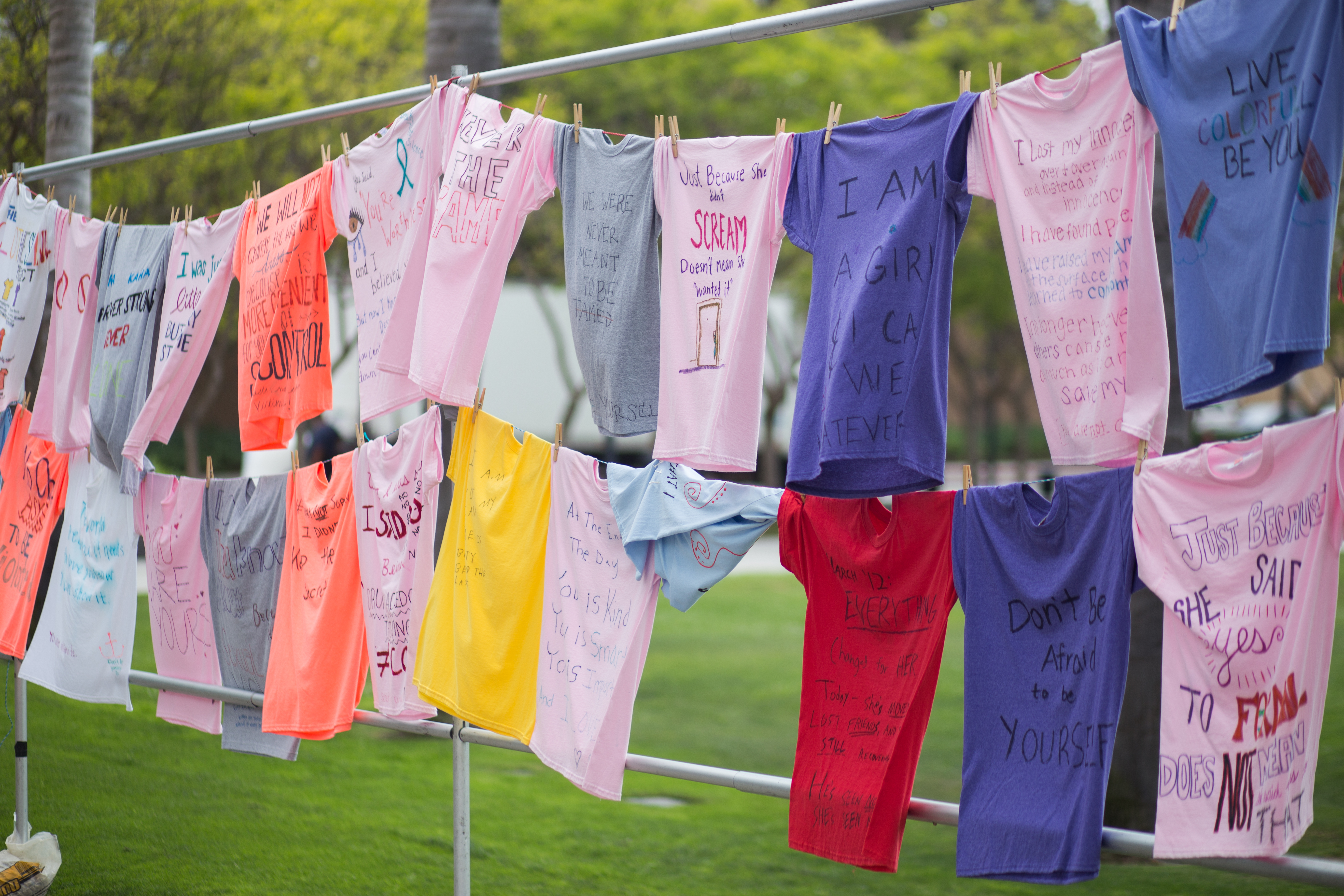Content Warning: This project provides space for people to process sexual and/or interpersonal misconduct (Can refer to sexual harassment, sexual assault, dating violence, domestic violence and stalking.)
The Clothesline Project
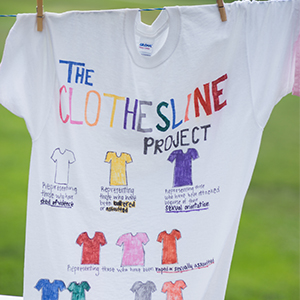
Tuesday, April 8-Tuesday, April 15
The Clothesline Project started on Cape Cod, MA, in 1990 to address the issue of violence against women. It has become a vehicle for those affected by sexual and/or interpersonal misconduct to express their emotions by decorating a shirt. They then hang the shirt on a clothesline to be viewed by others as testimony to the problem of sexual and interpersonal misconduct.
Denim Day
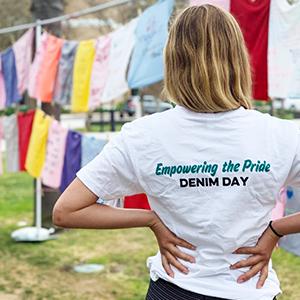
Wednesday, April 23
Denim Day, a call for community members to wear denim as a visible means of protesting the myths surrounding sexual assault in our community. Complete the form and donate by April 18 to receive a Denim Day t-shirt to wear with your jeans on this day. All proceeds go to the Rape Treatment Center at the Santa Monica-UCLA Medical Center.
Featured Events
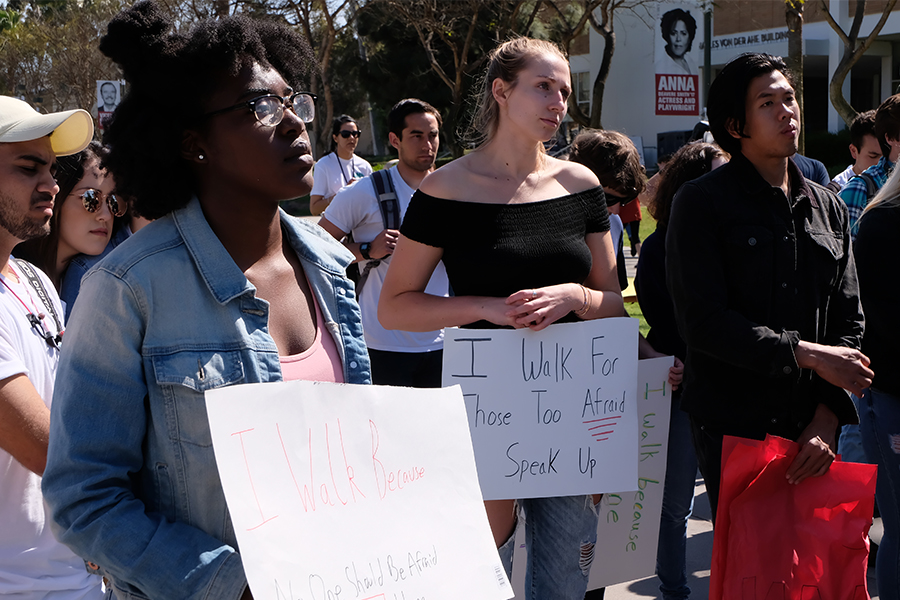
Clothesline Project
April 8-15
Denim Day
April 23
Trauma Informed Yoga
April 21 at 11 a.m. on O'Malley Lawn
Rape Treatment Center, UCLA Medical Center, Santa Monica

The Rape Treatment Center (RTC) at UCLA Medical Center, Santa Monica is open 24 hours a day, seven days a week. RTC provides general medical treatment and collection of evidence and provides long term counseling support for victims of sexual assault and sexual violence as well as advocacy and accompaniment services.
LMU offers free and confidential rides to and from RTC at any time of day or night. Just call the Department of Public Safety's Emergency Line by dialing 222 on campus or (310) 338-2893 x1 and an officer will escort you there.
- Location: 1250 16th Street, Santa Monica, CA 90404
- Phone: 424.259.7208
Recommended Reads
The librarians and staff of the William H. Hannon Library have curated the following recommended books for learning more about sexual assault awareness. Want to explore more titles? Check out the full list at LMU Library Staff Picks.
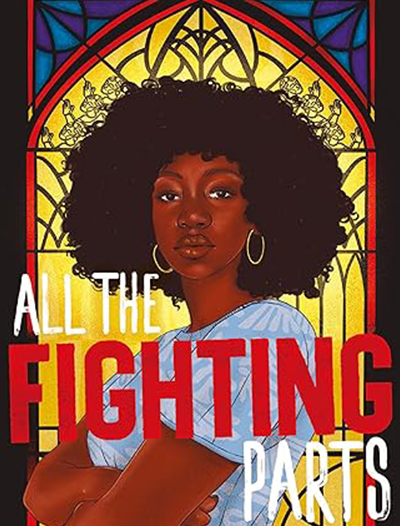
All the Fighting Parts
By: Hannah V. Sawyerr
Sixteen-year-old Amina Conteh has always believed in using her words as her weapon--even when it gets her into trouble. After cursing at a classmate, her father forces her to volunteer at their church with Pastor Johnson. But Pastor Johnson isn't the holy man everyone thinks he is. The same voice Amina uses to fight falls quiet the night she is sexually assaulted by Pastor Johnson.

Canonical Misogyny: Shakespeare and Dramaturgies of Sexual Violence
By: Nora J. Williams
If misogyny is a systemic problem, then in order to understand its influence on canonical works like Shakespeare's, those works must be investigated at their systems level in other words, at the level of their dramaturgies.
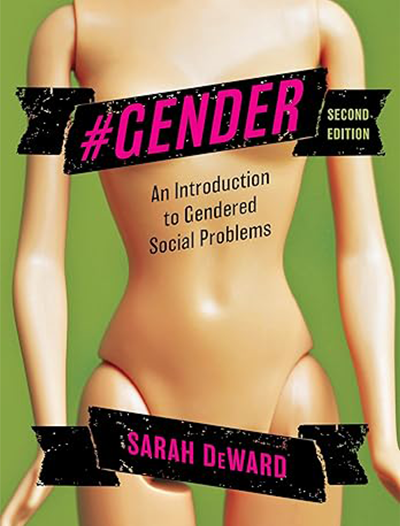
#Gender: An Introduction to Gendered Social Problems
By: Sarah DeWard
Thorough yet concise, #Gender: An Introduction to Gendered Social Problems provides timely, accessible, real-world cases of gendered social issues so that students can easily see the impact gender has on their lives. The textbook opens with the definition of gender and offers students a sociological framework to build upon.

Grey Sex: Heterosexuality and Everyday Domination
By: Alexandra Kogl
Many people have sexual experiences that fall into a grey area between assault and “normal” sex. Looking at heterosexuality and everyday domination, this book shows that, in doing so, we are neither simply victims nor failing to assert ourselves.
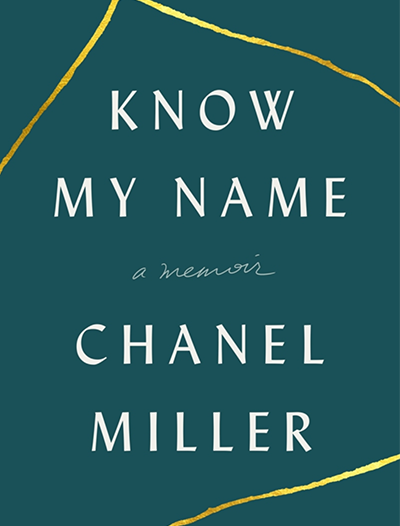
Know My Name: A Memoir
By: Chanel Miller
Her victim impact statement was posted on BuzzFeed, where it instantly went viral, was translated globally, and read on the floor of Congress. It inspired changes in California law and the recall of the judge in the case. Now Miller reclaims her identity to tell her story of trauma, transcendence, and the power of words.
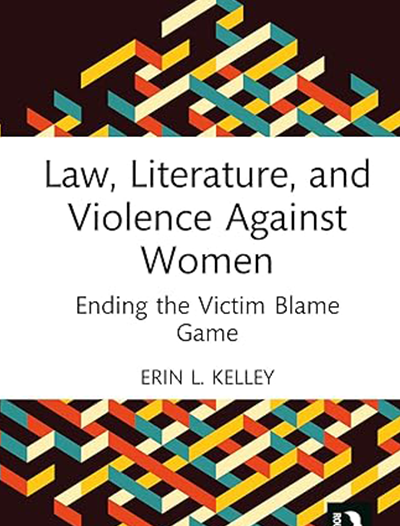
Law, Literature, and Violence Against Women: Ending the Victim Blame Game
By: Erin L. Kelley
Following increased interest in the #MeToo movement and the discoveries of sexual abuse by numerous public figures, this book analyzes themes in law and literature that discredit victims and protect wrongdoers. Interpreting a present-day novel alongside legislation and written court cases, each chapter pairs a fictional text with a nonfictional counterpart.

Memorializing Violence: Transnational Feminist Reflections
By: Alison Crosby and Heather Evans (editors)
Memorializing Violence brings together feminist and queer reflections on the transnational lives of memorialization practices, asking what it means to grapple with loss, mourning, grief, and desires to collectively remember and commemorate–as well as urges to forget–in the face of disparate yet entangled experiences of racialized and gendered colonial, imperial, militarized, and state violence.
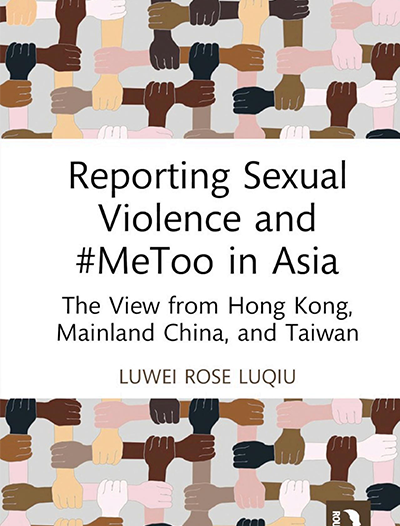
Reporting Sexual Violence and #MeToo in Asia: The View from Hong Kong, Mainland China, and Taiwan
By: Luwei Rose Luqiu
This book provides a comprehensive analysis of the role of news media and social media in the propagation and treatment of the global #MeToo movement.
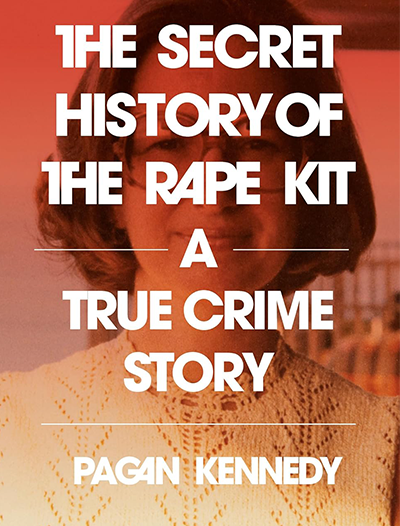
The Secret History of the Rape Kit: A True Crime Story
By: Pagan Kennedy
Marty Goddard dreamed up a new crime-solving tool—a kit that could help rape survivors fight for justice. This thrilling investigation tells the story of the troubled, heroic woman who kicked off a feminist revolution in forensics, and then vanished into obscurity.

Sex Trafficking in the United States: Theory, Research, Policy, and Practice
By: Andrea J. Nichols
In Sex Trafficking in the United States, Andrea J. Nichols explores the dynamics of sex trafficking from the angles of survivors, traffickers, buyers, and the social service and criminal justice professionals who work in the field. She examines common risk factors for those who become victims, and the barriers they face when they try to leave.
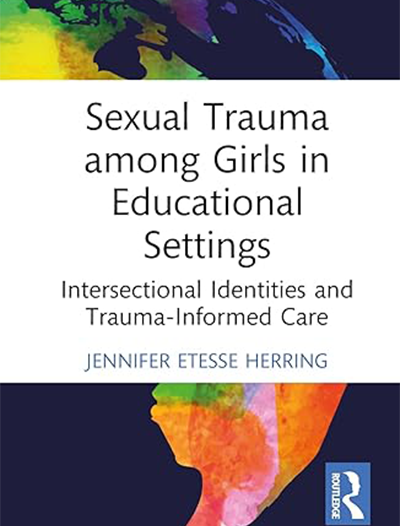
Sexual Trauma Among Girls in Educational Settings: Intersectional Identities and Trauma-Informed Care
By: Jennifer Etesse Herring
The book’s core strength lies in its exploration of the intersectionality between identity and sexual trauma. It does this by examining the impacts of historical trauma, through the lens of four major historical events: transatlantic slavery, the Holocaust, World War II, and the COVID-19 pandemic.
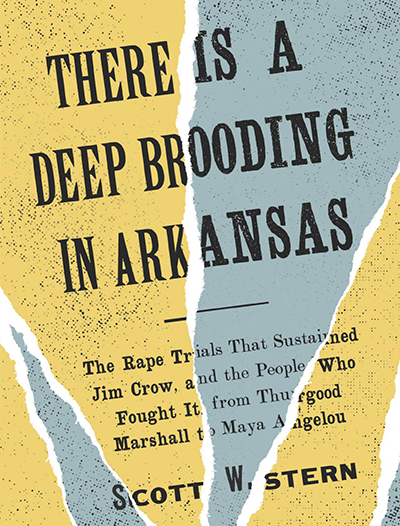
There is a Deep Brooding in Arkansas: The Rape Trials that Sustained Jim Crow, and the People Who Fought it, from Thurgood Marshall to Maya Angelou
By: Scott W. Stern
Scott W. Stern examines how the Jim Crow legal system relied on selectively prosecuting rape to uphold the racial, gender, and economic hierarchies of the segregated, unequal South. But as much as rape law was a site of oppression, it was also, Stern shows, an arena of fierce resistance.
